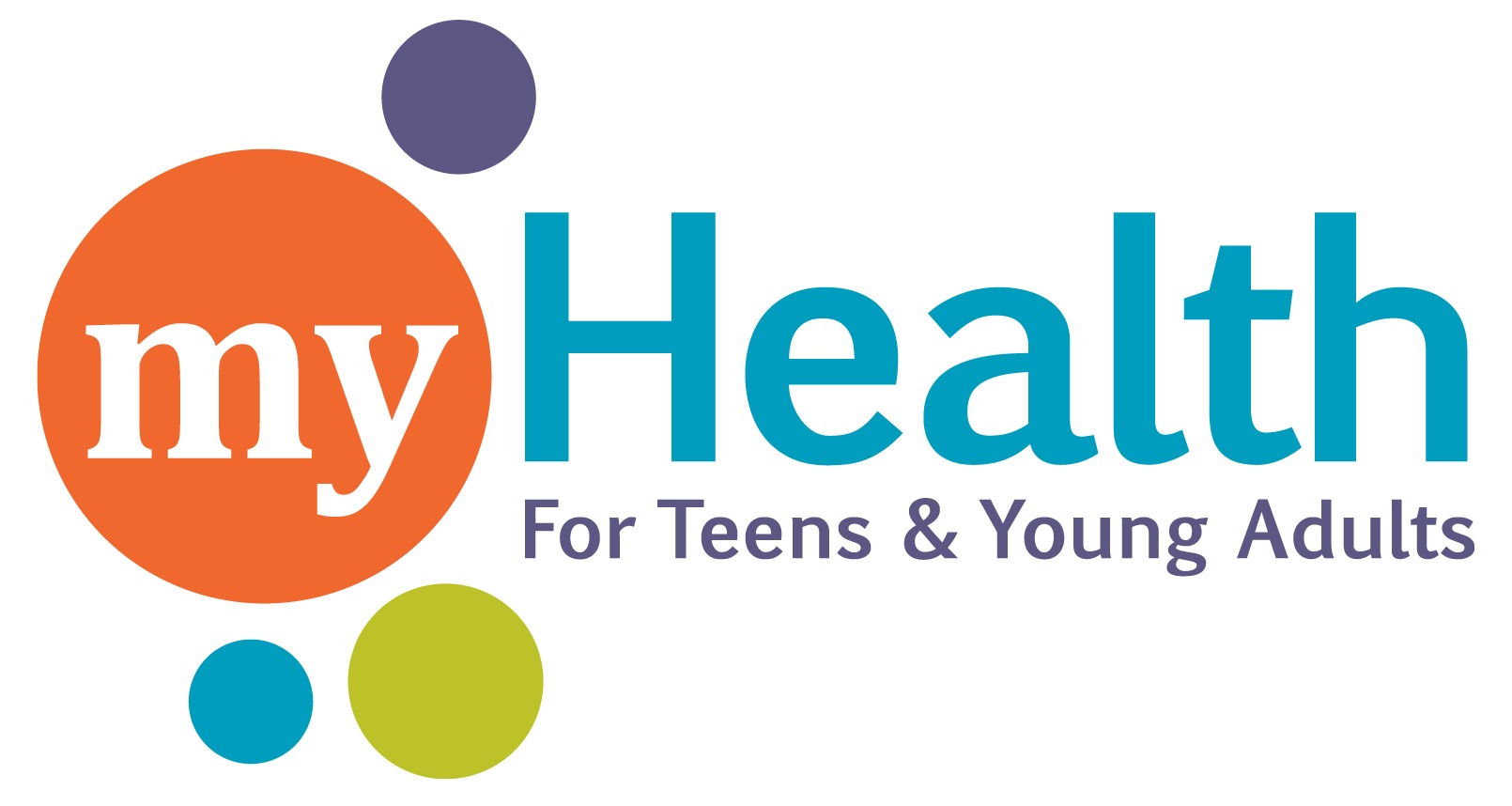
While feeling stress is normal and expected, constantly battling worry, anxiety, and excessive levels of stress can be draining and negatively impact your health. Eliminating all stress isn’t possible, but it is possible to begin ridding yourself of unnecessary stress and building tools to better manage unavoidable stress.
What’s Causing You Stress?
Start by identifying your stressors. One approach is to keep a record of things that are causing your stress. Check in with yourself throughout the day, noting the time, your level of stress, and what the root cause is or what you believe it to be. It could be a person, a situation, or your own thoughts and actions. Keeping track of these stressors will help you identify patterns and better understand why you feel stress as well as what you can do to change them or better manage them.
Importance of Prevention
Set yourself up for success by building healthy habits.
- Aim to eat 5-9 servings of fruits and vegetables each day
- Make time for movement! Experts recommend at least 30 minutes of moderate physical activity every day. Remember that you can split the 30 minutes, if necessary, and exercise for 15 minutes in the morning and another 15 minutes later in the day.
- Set a goal to sleep about 8 hours every night and keep a consistent sleep schedule, even on weekends.
Stress Management Techniques
While some stress may be preventable, it is also important to have tools to manage stress that is unavoidable. Let’s explore six stress management techniques to help keep you grounded and some tools that can get you started.
Meditation
Meditation is a skill which is continuously built by training your mind and thoughts in order to raise your awareness and sense of perspective. There is a misconception that meditation is emptying your mind, but it’s actually about learning to let thoughts come and go, observing them without judgment.
If you are new to meditation, remember to be kind and patient with yourself. It’s normal for your mind to wander. No one is bad at meditation, it just takes time and practice to learn to quiet your thoughts. It is counterproductive to let your stress management methods cause you greater stress!
Tools
-
Body Scan
- Start by sitting or lying down in a comfortable position and taking a few deep breaths, feeling the sides of your abdomen expand and collapse
- Let your breathing return to normal and bring your attention to your feet
- Observe any sensations such as the feeling of your socks on your skin or points of contact between feet and the floor
- Breathe through any tension, itchiness, or pain. Acknowledge these sensations and gently breathe through them or visual them leaving your body through your breath
- Once your feet are relaxed, continue up to your ankles and repeat.
- Continue slowly bringing your awareness to each part of your body until you’ve reached the top of your head
- Take a few deep breaths to let go of any remaining stress or tension
-
Visualization
- Being by sitting in a comfortable position
- Close your eyes and take three deep breaths
- Visualize a setting that is calming, it can be imagined or a real place you have visited such as a bench overlooking a stream or lake
- Add as much detail as possible to immerse yourself in your visualization. What season is it? What sounds do you hear? What smells surround you? What’s the weather like? What time of day is it?
- Continue to slow your breath and building your mental image
- If your mind begins to wander, gently bring it back to your breath and add more detail to your visualization, such as another plant or object in sight
- When you feel calm, return to your focus to your breath and let your visualization fade before opening your eyes
-
Guided Meditation
- Guided meditations are led by a narrator who helps you find your focus and walks you through steps to meditate
- This technique can be especially helpful for those who are new to meditation or would like some additional guidance to stay mindful and in the present
- There are many guided meditations available for free. The Youtube Channel Goodful has several 5- or 10-minute guided meditation videos. There are also apps that you can download to your phone such as Insight Timer or Calm with plenty of free content to help you get started
Affirmations
Positive affirmations are short, motivational statements that help build self-esteem, ground you in the present, promote mindfulness, and combat negative thoughts and harmful self-talk.
Examples:
I love myself unconditionally.
I accept myself as I am.
I am enough.
Tools
- Leave small notes or post-its in areas you frequently walk past with a meaningful affirmation on it and say it aloud each time it catches your eye
- Take a video or audio recording of yourself repeating your favorite affirmations and play it in the morning to start your day
- The Daily Shine podcast has guided meditations and affirmations
- I Am is an app that provides affirmations as well as notifications throughout the day to remind you of your affirmations
Journaling
Journaling can be a great place to start on your mindfulness journey. Simply grab a diary, notebook, or paper try out the methods below!
Tools
- Regrets/Gratitude/For Today
- Start by sitting down with your journal, closing your eyes and taking three deep breaths
- When you feel calm and grounded, open your eyes, pick up your pen, and write three regrets from the day before, followed by three things you are grateful for, and then goals for the day or your affirmations
- Find prompts for guided journaling here
Prevention and practice are both essential parts of stress management. Rather than trying to get rid of all stress in your life, instead focus on building healthier responses to stress.
Don’t be afraid to ask for help. If you’ve taken steps to manage your stress but it continues to interfere with your daily life, it may be time to schedule a visit with your healthcare provider. myHealth staff are here to support you! Visit myhealthmn.org/counseling/ to learn more.
